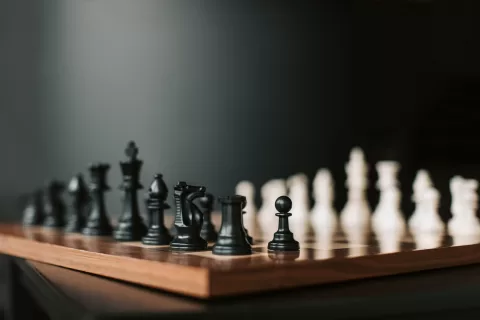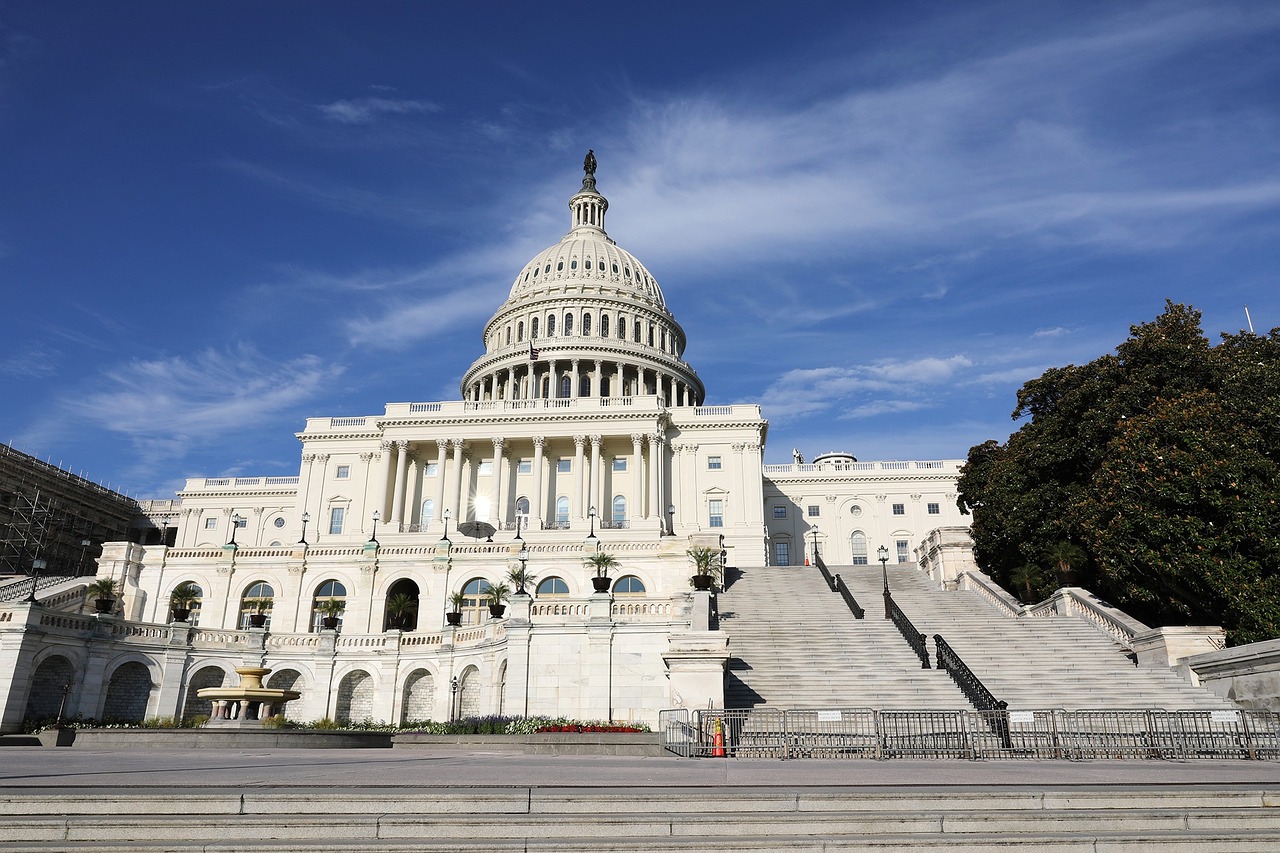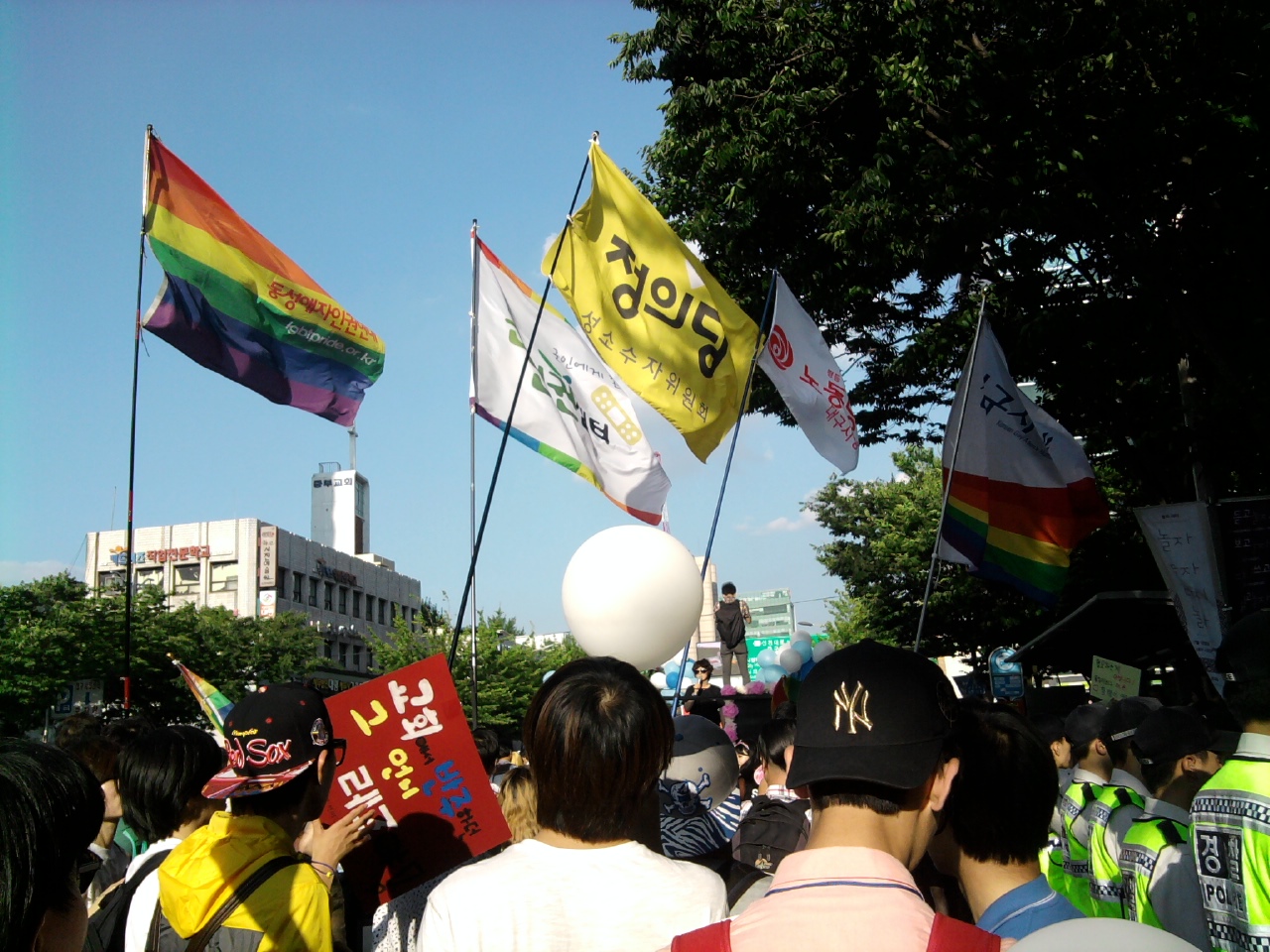Certain people’s futures in chess competitions may be uncertain after new regulations were introduced by FIDE, the International Chess Federation.
A chess competition governing body, FIDE, released new regulations on August 14. The regulations state that if you change your gender, it has a significant impact on a player’s status and future eligibility.
People who transition must provide FIDE with relevant proof that they have officially changed their gender. They state in the regulations, “As a rule, change of gender is not the reason for a person to get a new FIN [(FIDE ID number)], unless there is a special, strictly exceptional reason for the person not to reveal publicly their previous identity,” and they also state, “In the event of granting a new FIN, the old one is kept for the record, not allowing the player to remove their chess history. The decision of FIDE QC [(Qualification Commission)] can be appealed to the FIDE Council.”
They have stated that transgender women specifically will be temporarily restricted from competing in women’s events until further notice. In an almost contradictory move, transgender men are also stripped of any previously earned women’s chess titles.
Transphobic/transmisic policies and exclusion can lead to many negative outcomes for trans people, including depression, anti-trans violence, fear, healthcare inequities, and suicide.
Many chess federations offer women-only events not because of a perceived inferiority of women, but to create competitive spaces for women to feel safer and more confident in an activity generally dominated by men. Transgender women also face the misogyny of the chess world, and many organizations including the German, French, and US chess federations have spoken out against this new policy and continue to welcome transgender women in their women’s events.
US Chess re-published their 2018 transgender policy with an update confirming that their policy of gender self-identification will still apply to all US Chess events.
FIDE’s new has drawn criticism from many people both within and outside the chess community. They do not support or think these regulations are necessary; instead, they think the regulations are sexist, terrible, ignorant, and more.
“Usually when they ban women from sports they say it’s a biological advantage, but I don’t know what advantage they could possibly have in chess,” said one anonymous teen.
“I think it’s sexist, honestly. It’s not only mistreating trans women, it’s implying that men are smarter than women and better at chess (by believing that trans women are men, which simply isn’t true). There is no need to attack trans people in healthcare, in schools, in sports, let alone chess. Trans people are just like any other people and should be treated equally.” said another anonymous teen.
“I think that bans preventing trans women from competing as women are a by-product of fear, ignorance and hate. I don’t think those bans should exist at all,” said an anonymous adult.
Many notable chess players and federations have also spoken out about the issue. Deutscher Schachbund, the German chess federation, released the following statement:
The German Chess Federation (DSB) has a clear position: we do not exclude trans women. In Germany, a trans woman already became German Champion in the 2000s and trans women will of course be allowed to participate in all German tournaments for women in the future. . . We have serious concerns that these new FIDE rules are compatible with the legal situation in several countries. If a person is legally recognized as a woman, it is incomprehensible to us what FIDE still wants to check and why it needs two years for this–as stipulated in the new rules. From the point of view of the German Chess Federation, these regulations issued by the World Chess Federation for the registration of transgender chess players are an example of how discrimination arises when those affected are not involved in any way.
Yosha Iglesias, a FIDE Master, activist against misogyny and sexual violence in chess, and transgender woman, said the following:
For trans players and especially women, it will do so much unnecessary harm. To cis players, it will bring no good whatsoever. These regulations are also impossible to legally implement in many countries. You can’t just collect the ID, passport, or birth certificate of a targeted group of people. No cis person has to present their ID to get a license and play chess. Marking trans people in the FIDE database is against the European data protection law and other laws as well. So what the fuck, FIDE? If you want to help women in chess, fight sexist and sexual violence, give women in chess more visibility and more money. Don’t use trans women players as scapegoats. We contribute to the development of women in chess. We are women in chess.”




